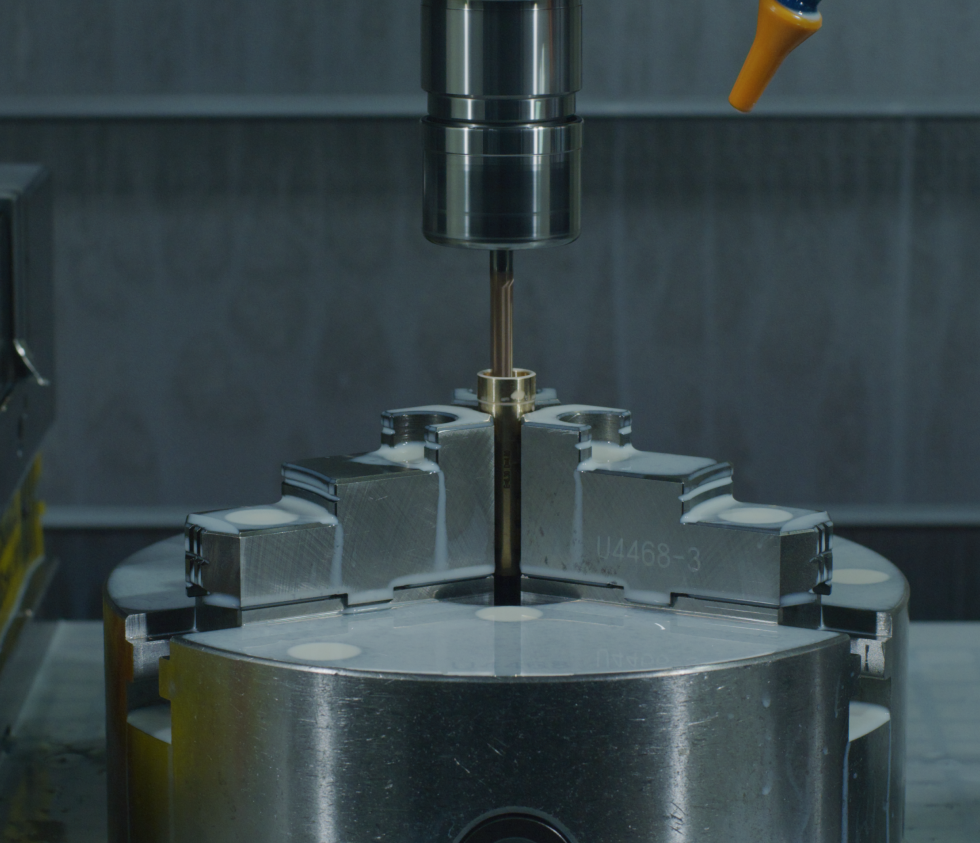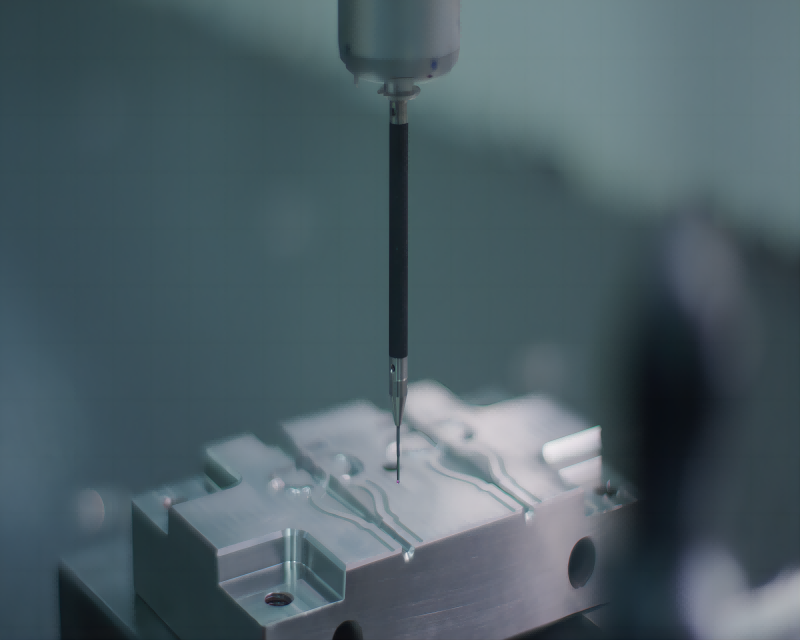Microcatheter
Features:1. PTFE inner layer allows for smooth passage for embolic agents; |

- Outer Diameter: Typically ranges from 0.5 to 3.0 millimeters, depending on the specific application and clinical need.
- Length: Variable, tailored to accommodate different procedural requirements and patient anatomies.
- Material: Constructed from biocompatible materials such as polyurethane, nylon, or PTFE (polytetrafluoroethylene), ensuring compatibility with bodily tissues and minimizing the risk of adverse reactions.
- Tip Configuration: Available in a variety of shapes, including straight, angled, and tapered tips, to facilitate navigation through tortuous vessels and challenging anatomical structures.
- Trackability: Engineered for enhanced maneuverability and trackability, enabling smooth advancement through complex vascular pathways.
- Angiography and Angioplasty: Microcatheters are commonly used in angiography and angioplasty procedures to access and treat narrow or obstructed blood vessels, such as those affected by arterial stenosis or occlusions.
- Embolization: Microcatheters facilitate the delivery of embolic agents to block blood flow to abnormal vessels or tumors, effectively treating conditions such as arteriovenous malformations (AVMs), aneurysms, and uterine fibroids.
- Thrombectomy: Microcatheters enable the mechanical or pharmacological removal of blood clots from blood vessels, restoring normal blood flow and preventing complications such as stroke or pulmonary embolism.
- Drug Delivery: Microcatheters are utilized to deliver therapeutic drugs directly to target sites within the vasculature, enabling localized treatment of conditions such as cancer, peripheral artery disease, and pulmonary hypertension.
- Vascular Access: Microcatheters provide access to the vascular system for diagnostic procedures such as angiography, intravascular ultrasound (IVUS), and fractional flow reserve (FFR) measurements, as well as for the placement of intravascular devices such as stents, balloons, and filters.
Related products
-
PTFE Liner
PTFE (polytetrafluoroethylene) is a synthetic fluoropolymer that is used as a liner in catheters due to its unique properties. PTFE has a very low coefficient of friction and is a highly durable material with excellent tensile strength. Catheter liners made of PTFE can withstand the stresses of use in medical devices and resist breaking or tearing.
PTFE is used as a liner in catheters because it provides a smooth, low-friction surface that helps reduce the risk of infection and tissue damage. They are also biocompatible so that most people won’t experience an allergic reaction or any negative response.
-
Hook Forming
Demax utilizes high-quality materials such as stainless steel or nitinol for hook forming, chosen for their exceptional mechanical properties, corrosion resistance, and biocompatibility. These materials undergo precise shaping processes to achieve intricate hook configurations tailored to specific medical device applications. With our commitment to quality and precision, Demax ensures that hook-formed components meet the rigorous demands of medical device manufacturing, contributing to the advancement of healthcare worldwide.
-
Tip Forming
Precision Medical Tubing Services Tip Forming involves shaping and forming the tips of medical-grade tubing materials to meet the specific requirements of medical device applications. The composition of the tubing used in this process varies depending on the desired properties and performance characteristics required for the medical device. Typically, medical tubing is made from biocompatible polymers such as polyethylene (PE), polyurethane (PU), polyvinyl chloride (PVC), silicone, or thermoplastic elastomers (TPE). These materials are selected for their flexibility, durability, and compatibility with bodily fluids and tissues.
-
PP Tube
The PP Tube is meticulously crafted from high-quality polypropylene, a thermoplastic polymer renowned for its exceptional chemical resistance, durability, and biocompatibility. This composition ensures that the tube is safe for use within the body and can withstand the rigors of medical procedures without compromising patient safety or device performance. Employing state-of-the-art manufacturing techniques, Demax ensures uniformity in dimensions and performance, producing PP Tubes that meet the highest standards of quality and reliability. With Demax’s PP Tubes, healthcare professionals can perform medical procedures with confidence, knowing that they have a dependable and effective tool at their disposal to deliver optimal patient care.




